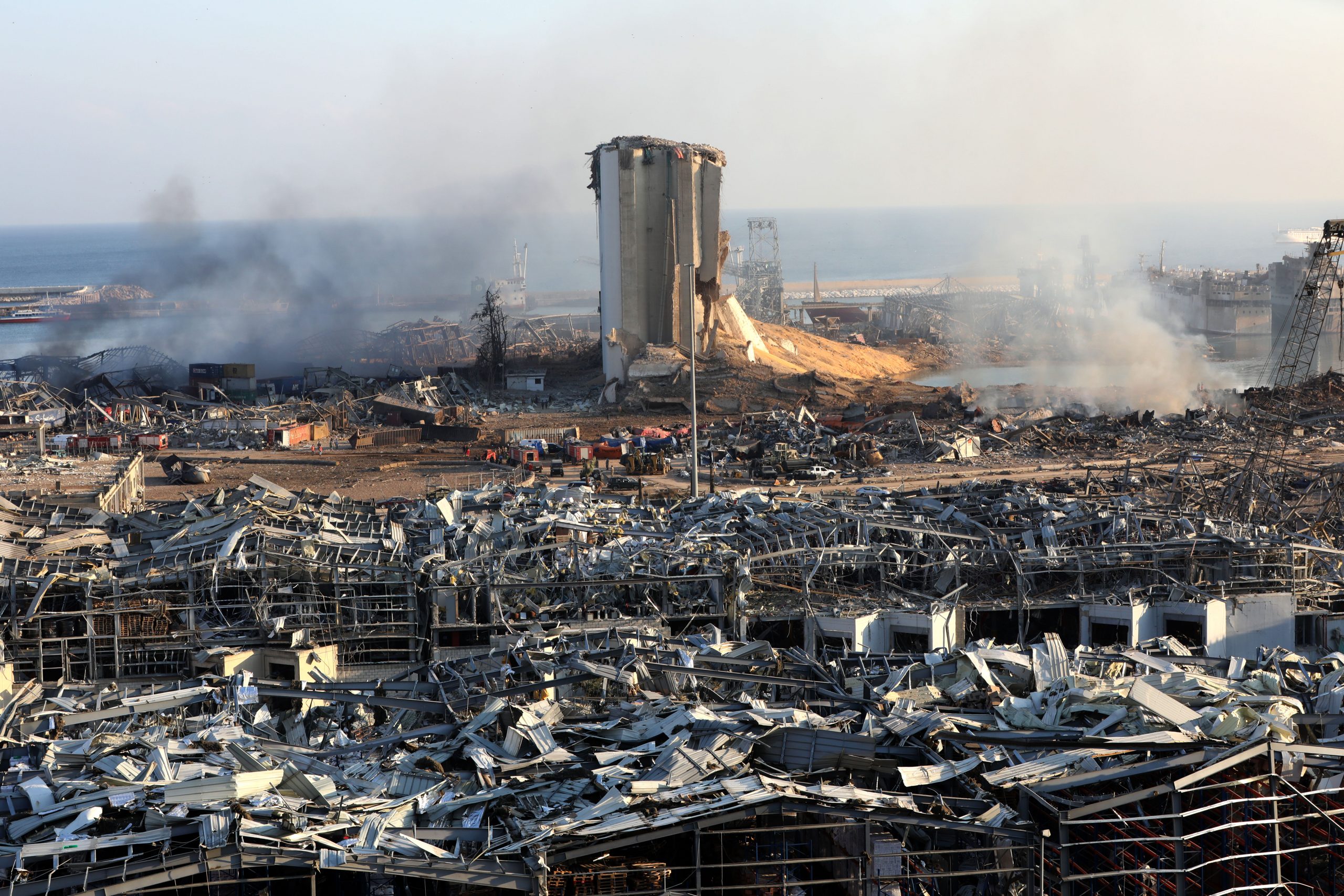More than 2,750 tonnes of ammonium nitrate that caused the giant Beirut explosions, which killed 145 people and injured more than 5000, was carried by a Russian cargo ship that made an “unplanned” stop at the port city of Lebonon seven years ago, a report by news agency Reuters said. According to its captain, the leaky, leased ship should have never stopped there.
Boris Prokoshev, the captain of the Rhosus in 2013 told Reuters that the owner of the cargo had asked him to make a stop at Beirut to pick up more load. “They were being greedy,” he said.
According to Prokoshev, the ship carrying 2,750 tonnes of highly combustible chemicals from Georgia to Mozambique, when it was asked to make a diversion to Beirut on its way through the Mediterranean. They were ordered to load some equipment and reach it to Jordan’s Aqaba Port in Jordan before continuing their journey to Africa, where the ammonium nitrate was supposed to be delivered to an explosives manufacturer.
“It was impossible,” Prokoshev, 70, told Reuters, to load the extra cargo. “It could have ruined the whole ship and I said no,” he said on phone.
The captain and lawyers representing some creditors charged the ship’s owner of abandoning the ship and later had it arrested. The ammonium nitrate, for safety reasons, was unloaded and kept in a dock warehouse months later.
The ship might have successfully left Beirut, had it managed to load the extra cargo, which was heavy load-equipment.
The crew had piled the equipment, including excavators and road-rollers, on top of the doors of the cargo which had ammonium nitrate inside, according to the ship’s Ukrainian boatswain, Boris Musinchak. However, the doors were buckled, he said.
“The ship was old and the cover of the hold bent,” Musinchak told Reuters on phone. “We decided not to take risks.”
The ammonium nitrate was unloaded when the captain of the ship and the crew left the ship after 11 months when the legal dispute ended.
“The cargo was highly explosive. That’s why it was kept on board when we were there … That ammonium nitrate had a very high concentration,” Prokoshev said. He added that the ship was leaky, but seaworthy when it came to Beirut in September 2013.
However, the Lebanese authorities paid barely any attention to the explosive material that was stacked in huge piles.
Levan Burdiladze, the Rustavi Azot plant director, told Reuters that the decision to keep the cargo in the port of Beirut was a “gross violation of safe storage measures, considering that ammonium nitrate loses its useful properties in six months.”
“I feel sorry for the people (killed or injured in the blast). But local authorities, the Lebanese, should be punished. They did not care about the cargo at all,” Prokoshev said.
Initial investigation into the cause of the blast has suggested inaction and negligence in handling the dangerous chemical.







